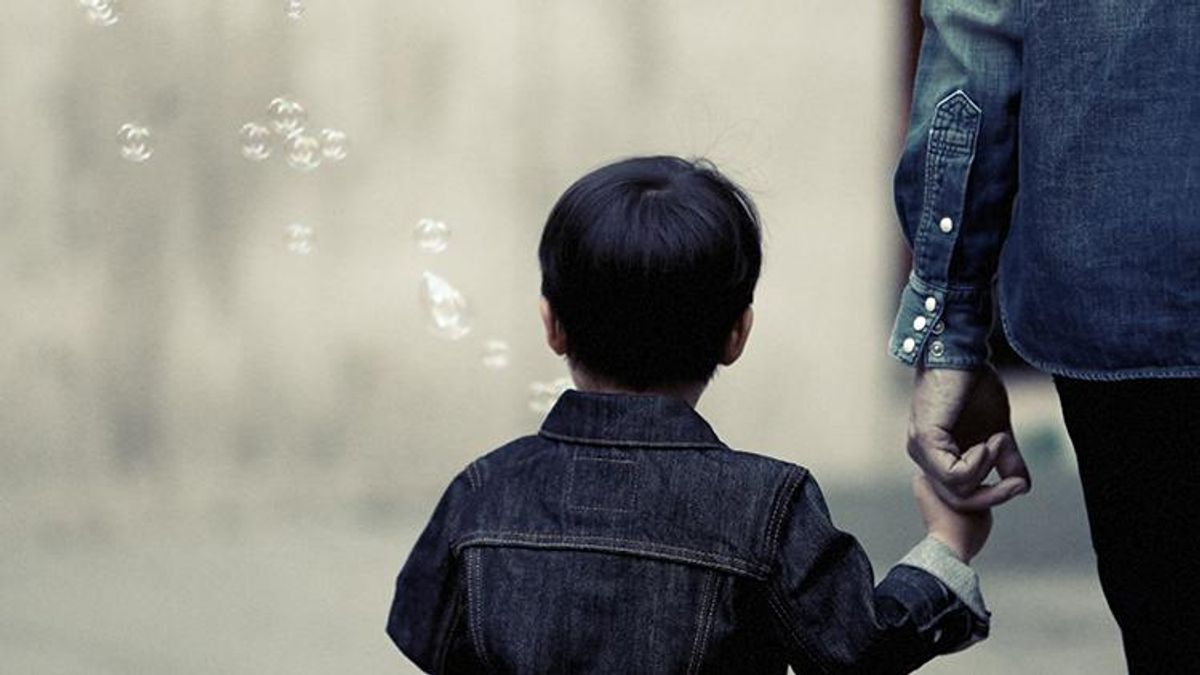News
Indiana's Discrimination Against LGBTQ Families Must Stop, Court Rules

An appeals court ruled against the state's refusal to list both same-sex spouses on birth certificates.
January 22 2020 8:58 AM EST
January 22 2020 8:58 AM EST
trudestress
By continuing to use our site, you agree to our Private Policy and Terms of Use.

An appeals court ruled against the state's refusal to list both same-sex spouses on birth certificates.
The state of Indiana must treat same-sex couples the same as opposite-sex ones when it comes to listing them as parents on birth certificates, a federal appeals court has ruled.
Indiana had presumed the husband of a woman who gives birth to be the child's legal father and automatically listed him on the birth certificate. This presumption was made even though the biological father could have been someone other than the husband -- a sperm donor, for instance. There was no such presumption for same-sex spouses, which "forces the second parent to undergo the arduous, expensive process of adopting their own child," Slate reports. Also, children born to same-sex couples were deemed to be born "out of wedlock."
Indiana's law, prioritizing biology over marriage, conflicts with U.S. Supreme Court decisions in Obergefell v. Hodges -- the 2015 marriage equality ruling -- and Pavan v. Smith, a 2017 ruling against the state of Arkansas's refusal to list both same-sex spouses on birth certificates, a three-judge panel of the U.S. Court of Appeals for the Seventh Circuit ruled Friday in the case, Henderson v. Box. The Seventh Circuit covers Indiana, Illinois, and Wisconsin.
Several female same-sex couples had brought the Indiana suit in 2015, and a U.S. District Court had issued an injunction in 2016 blocking the state from following its discriminatory practice on birth certificates. The state appealed, and in Friday's ruling, the appeals court agreed with most of the lower court's reasoning.
The Seventh Circuit called on the Indiana legislature to revise state statutes to recognize same-sex couples on birth certificates. Also, "some language in the [lower court's] opinion and injunction might be understood to suggest that female-female married couples must be treated differently from male-male couples, for whom adoption is the only way to produce 'Father #1' and 'Father #2' on a birth certificate," the appeals court wrote. "Although the plaintiffs in this suit are adult women (and children of both sexes), and it would therefore be inappropriate for the court to decide the proper treatment of children born during male-male marriages, it would be helpful for the district court to provide expressly that this question is left open for resolution by the legislature or in some future suit."
The ruling came 32 months after the case was argued, an unusual amount of time. "The panel may have dragged its feet because it contemplated asking the Indiana Supreme Court to clarify technical questions of state law," Slate notes. "But the panel decided against it because no court could 'save the state statutes by rewriting them,'" as the ruling reads.
The three judges involved in the appeals court's decision were Joel Flaum, Frank Easterbrook, and Diane Sykes, all Republican appointees. It "may not have been easy" for them to rule against Indiana's law, Slate observes, "but their decision was plainly compelled by precedent."
Fans thirsting over Chris Colfer's sexy new muscles for Coachella